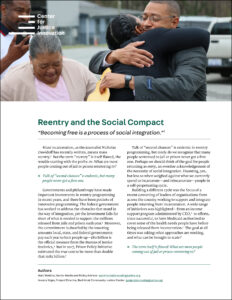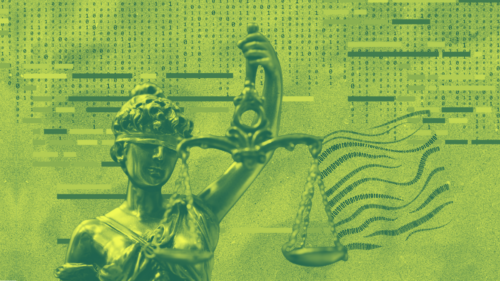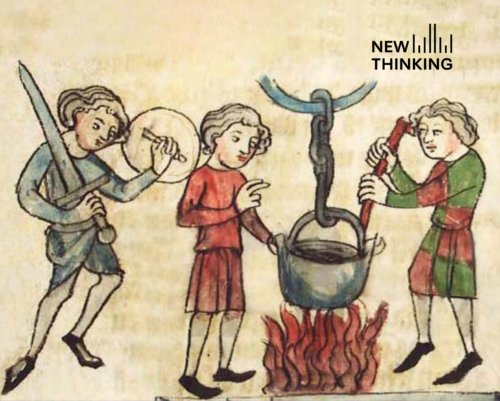-
Jessica Yager
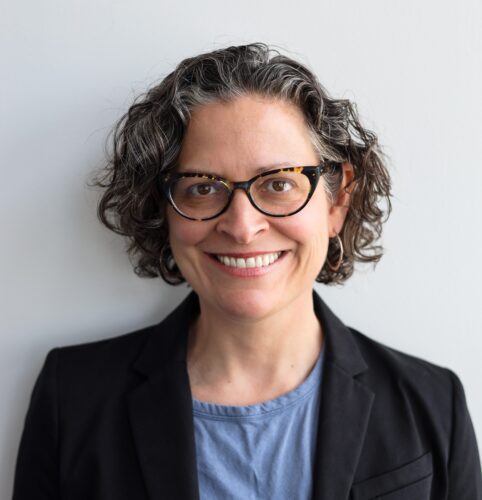
Jessica Yager
-
Matt Watkins

Matt Watkins
Mass incarceration means mass reentry. But the term “reentry” is itself flawed: What are most people coming out of jail or prison reentering to?
We talk of “second chances,” but rarely do we recognize that many of the millions of people returning from jail and prison each year never got a first one. Perhaps we should think of the goal for people returning as entry, an overdue acknowledgement of the necessity of social integration.
Coming out of a national convening on reentry hosted by the Center for Justice Innovation, this policy brief outlines a new vision for reentry focused on the social integration due to returning citizens. That starts with two priorities: immediate access to housing and to trauma-informed therapy.
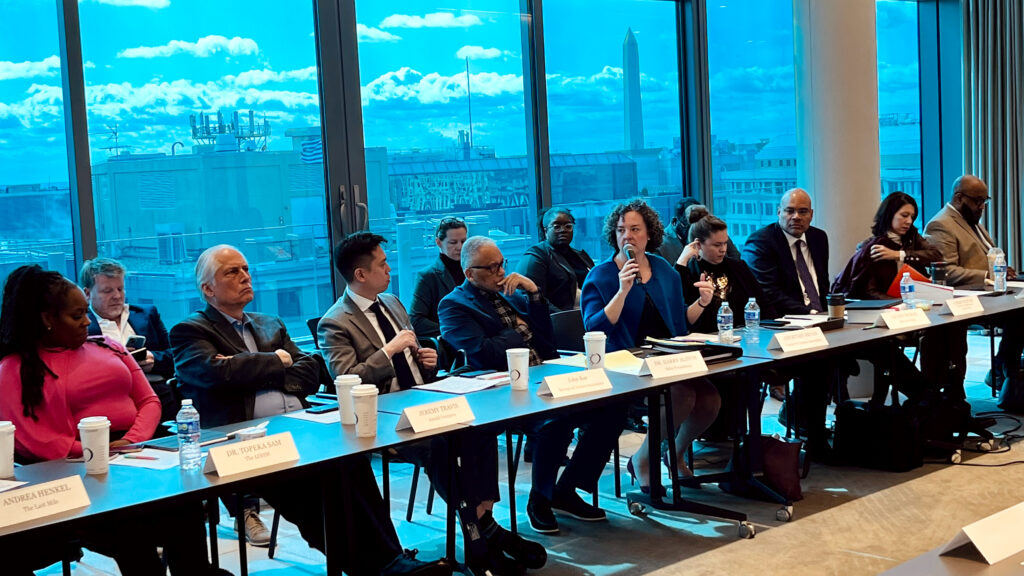
The Innovations in Reentry and Reintegration Roundtable took place in Washington, D.C., in March 2023

